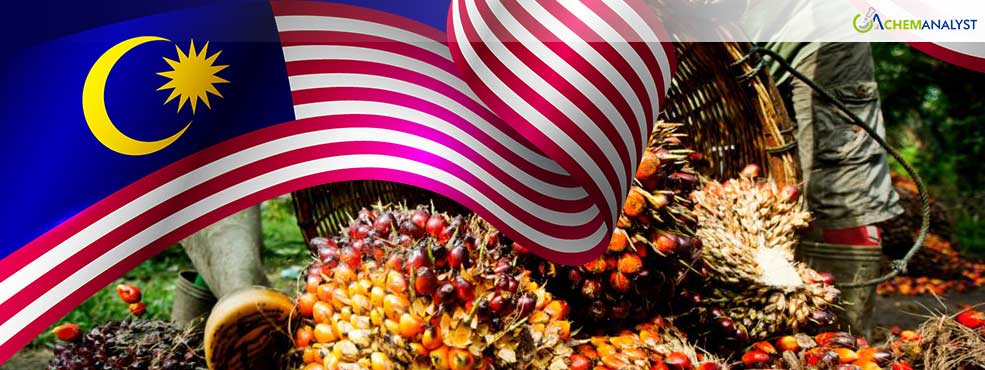Welcome To ChemAnalyst

The European Union’s upcoming anti-deforestation law presents both significant challenges and potential opportunities for Malaysia’s palm oil industry, as outlined by Malaysia’s Deputy Minister of Commodities, Chan Foong Hin, during an industry conference on Tuesday. He stressed the importance of understanding the implications of this law, urging stakeholders in the palm oil sector to adapt their practices accordingly to ensure continued market access, particularly in the European market.
The landmark legislation, which was initially set to take effect earlier, received a one-year delay from the EU last month. The new enforcement date for the law is December 30, 2025. Under this regulation, the EU will ban the importation of various goods, including palm oil, soy, beef, and coffee, if they are linked to the destruction of forests. This is part of the EU’s broader efforts to combat climate change and environmental degradation by ensuring that products sold within the union do not contribute to deforestation or environmental harm.
For businesses and traders dealing with commodities like palm oil, the law mandates that they must provide proof that their supply chains are free from deforestation-linked activities. This means that palm oil producers will be required to demonstrate the traceability and sustainability of their supply chains, a move that will place increased pressure on the industry to meet stringent environmental standards. In addition to this, companies will need to adopt more transparent and verifiable systems to show the sustainable origins of their products, which could involve significant investments in new technology and compliance procedures.
Malaysia and Indonesia, as the world’s two largest exporters of palm oil, have previously voiced concerns over the law. Both countries have argued that the regulation and its implementation rules are discriminatory, as they disproportionately affect their palm oil industries. They also contend that the law overlooks other major causes of deforestation globally, potentially targeting the palm oil sector unfairly while allowing other industries that contribute to deforestation to escape scrutiny. The law’s potential economic impact on Malaysia is significant, considering that palm oil is one of the country’s top agricultural exports, supporting millions of livelihoods in the nation.
Despite these concerns, Deputy Minister Chan highlighted that the EU law could also offer an opportunity for Malaysia’s palm oil industry to enhance its sustainability credentials. By complying with the law’s requirements, producers can showcase their commitment to responsible practices and environmental stewardship, which could, in turn, enhance their reputation and open new market opportunities, particularly in regions with a growing demand for sustainable products. However, achieving compliance will require substantial changes in how the industry operates, including improvements in supply chain management, transparency, and traceability.
We use cookies to deliver the best possible experience on our website. To learn more, visit our Privacy Policy. By continuing to use this site or by closing this box, you consent to our use of cookies. More info.
